Sri Lankan slippers with karthigai flower are an ‘insult’ to Tamils, say activists
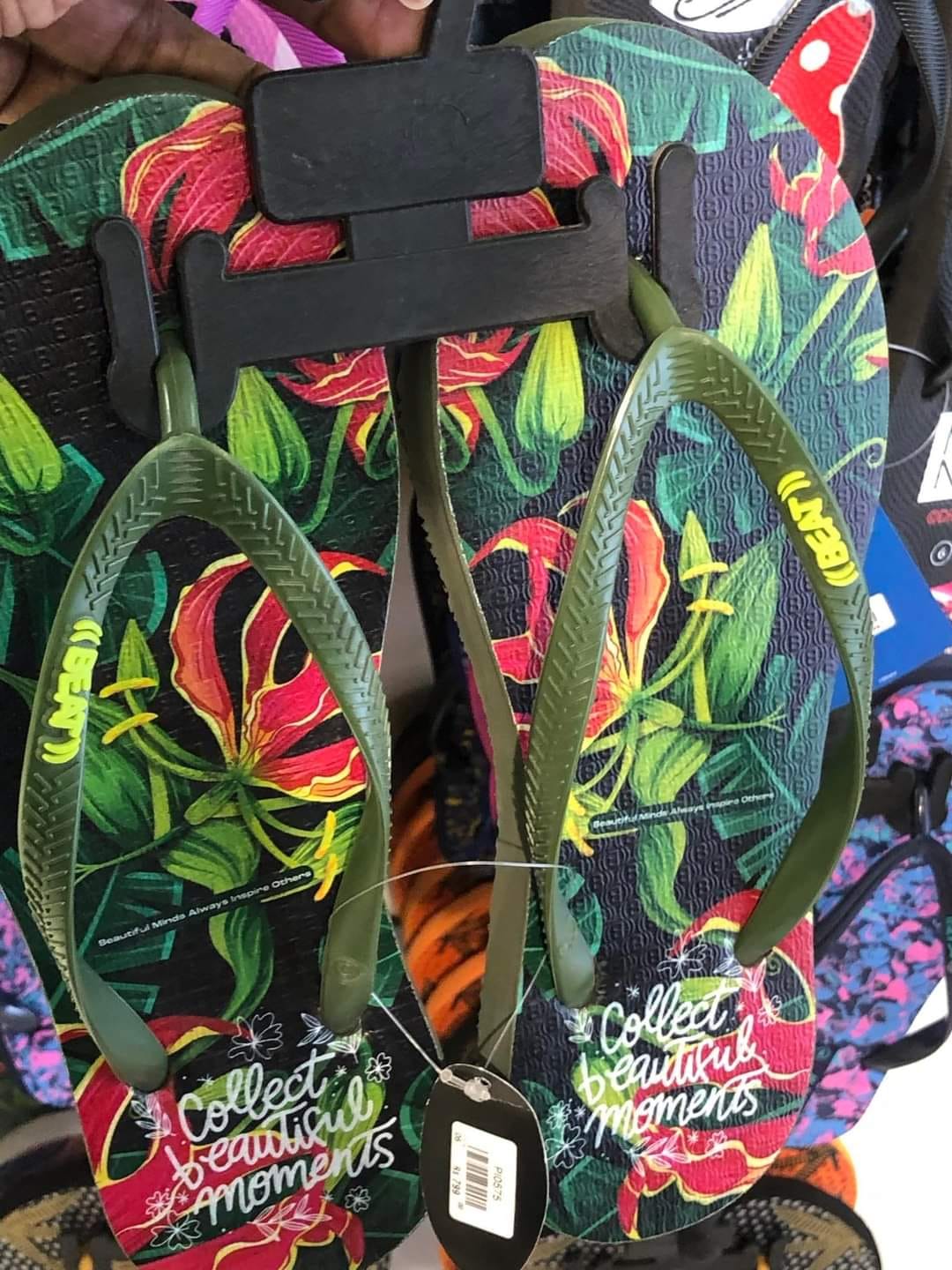
Tamil activists and politicians in Eelam have slammed the sale of a slipper by Sri Lankan company DSI, which is imprinted with the karthigai poo, or Gloriosa Lily - the national flower of Tamil Eelam.
The leader of the Tamil National Green Movement Ponnuthurai Aingaranesan told reporters that having the design on the sole of the flip flop was an insult to the Tamil homeland.
Aingaranesan said the use of the flower was intentional and alleged that there were political forces behind the design. He claimed that it was an attempt to tarnish the symbols that represent the Tamil aspirations.
“This company has insulted the sentiments of the Tamils by placing it on the sole of these flipflops because the Karthigai flower is a unique flower that blooms only once in the Tamil nation,” he said. “I see this as a covert attempt by political forces from the South to tarnish what Tamils hold dear. They should render an apology and remove it off the shelves.”
The slipper is made by DSI, and is presently available for sale in its outlets throughout the island.
His comments were echoed by ilankai Tamil Arasu Katchi leader S Shritharan and Tamil National People's Front (TNPF) lawyer Sugash Kanagaratnam.
The use of the karthigai poo on the footwear comes just weeks after Sri Lankan police launched an investigation into a Tamil school in Jaffna that placed a decorative version of the flower outside its doors in March.
Last year, Sri Lankan police prohibited the use of the Karthigai poo at Maaveerar Naal commemorations in Mullaitivu after they claimed that the karthigai poo is an "LTTE symbol". During Maaveerar Naal 2023 commemorations, the Sri Lankan police went as far as banning yellow and red flags as the Tamil nation attempted to remember the tens of thousands of Tamils that sacrificed their lives in the armed conflict.



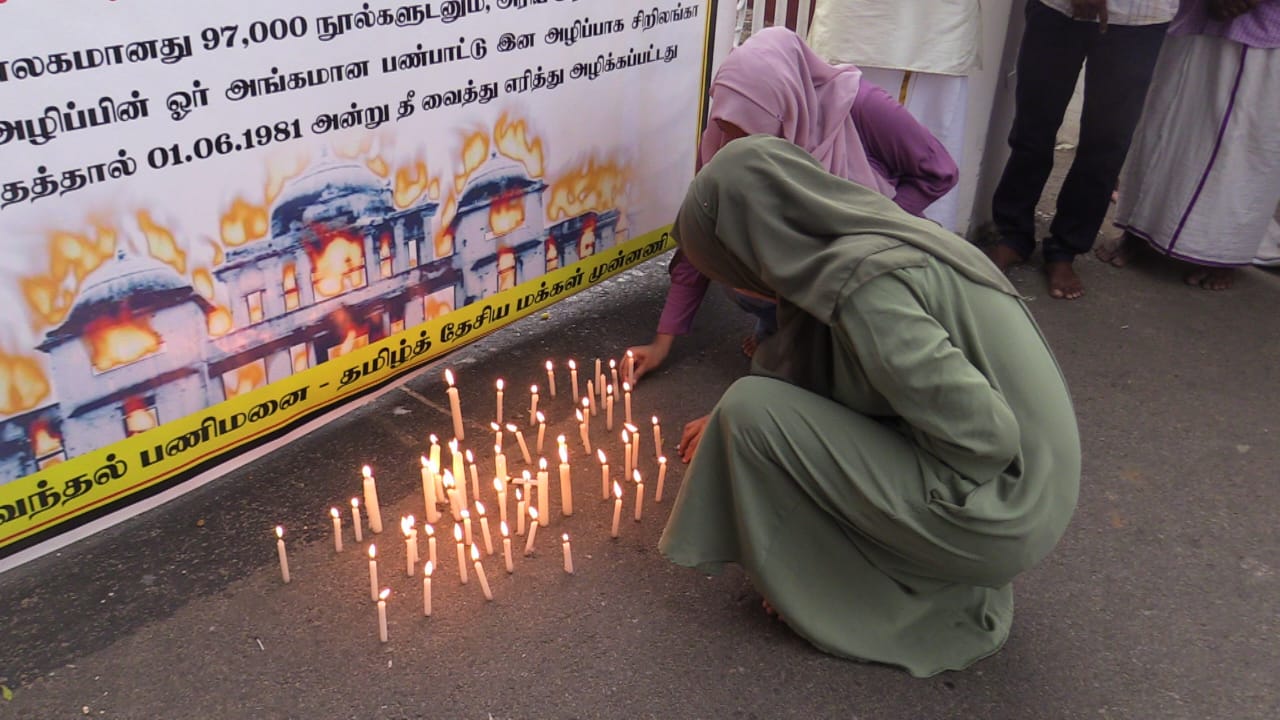
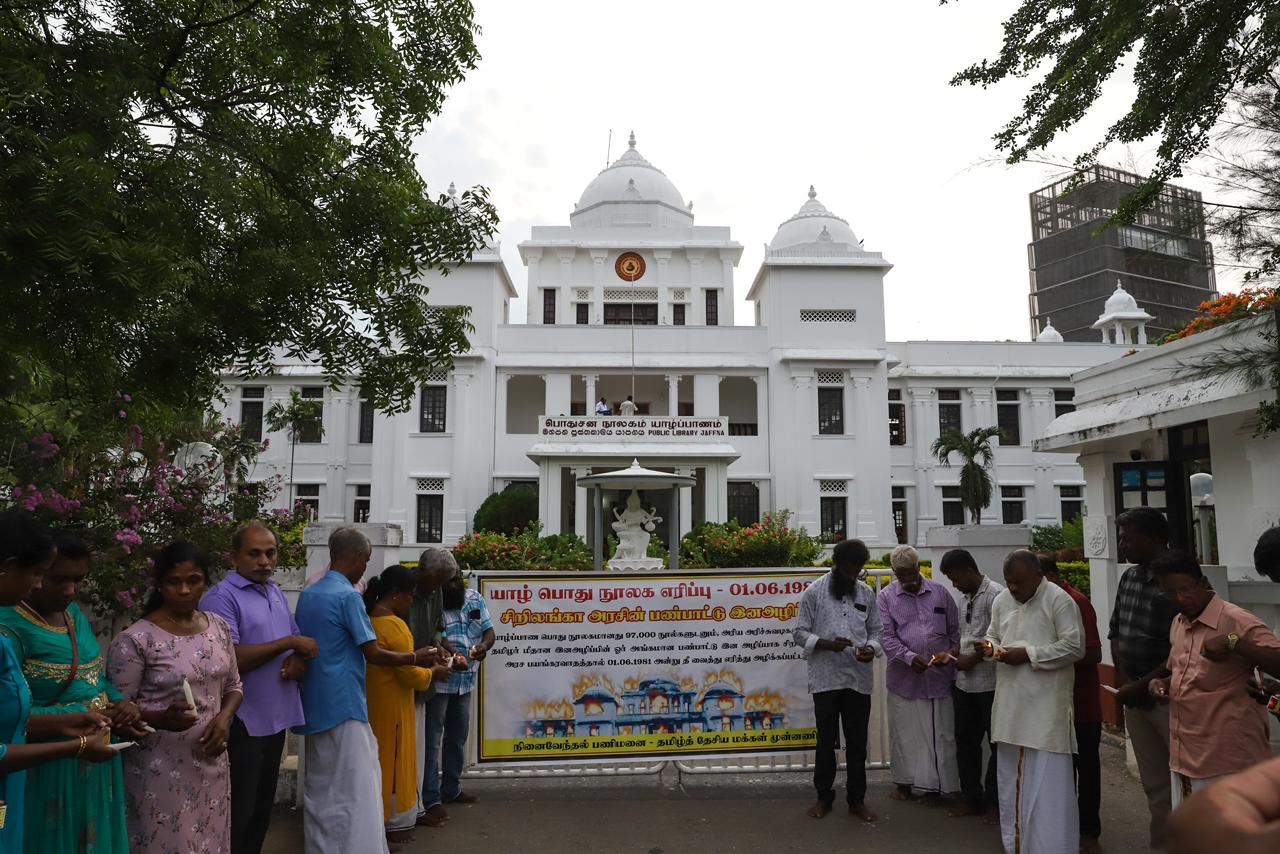
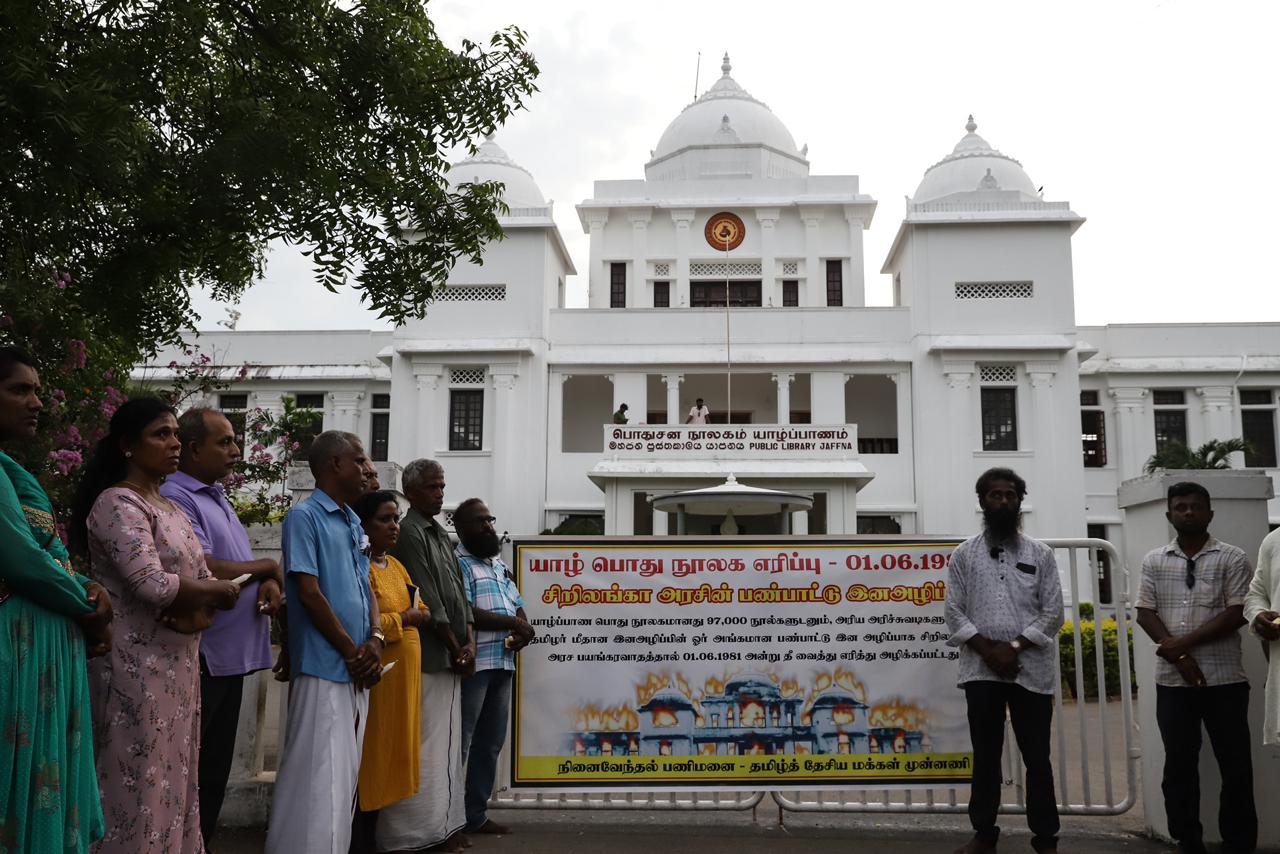
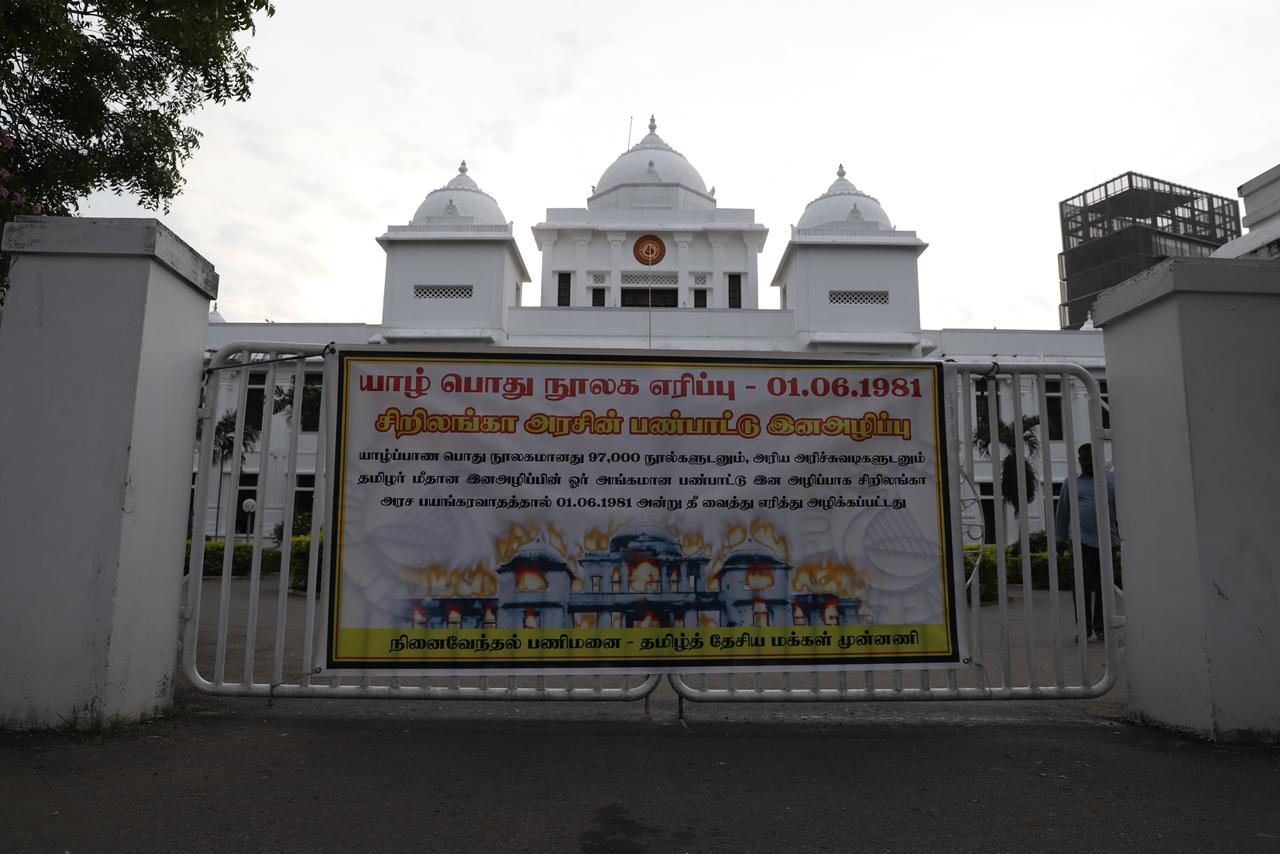
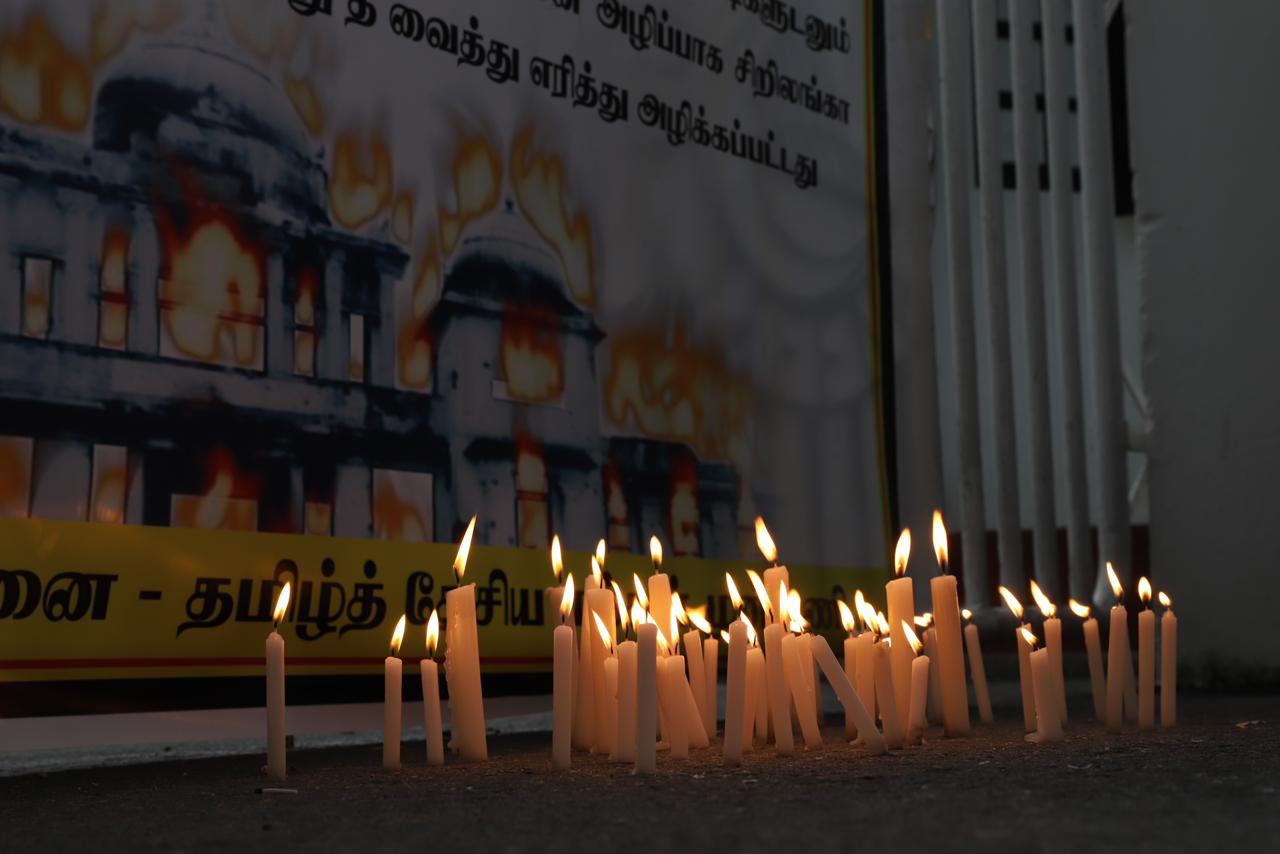

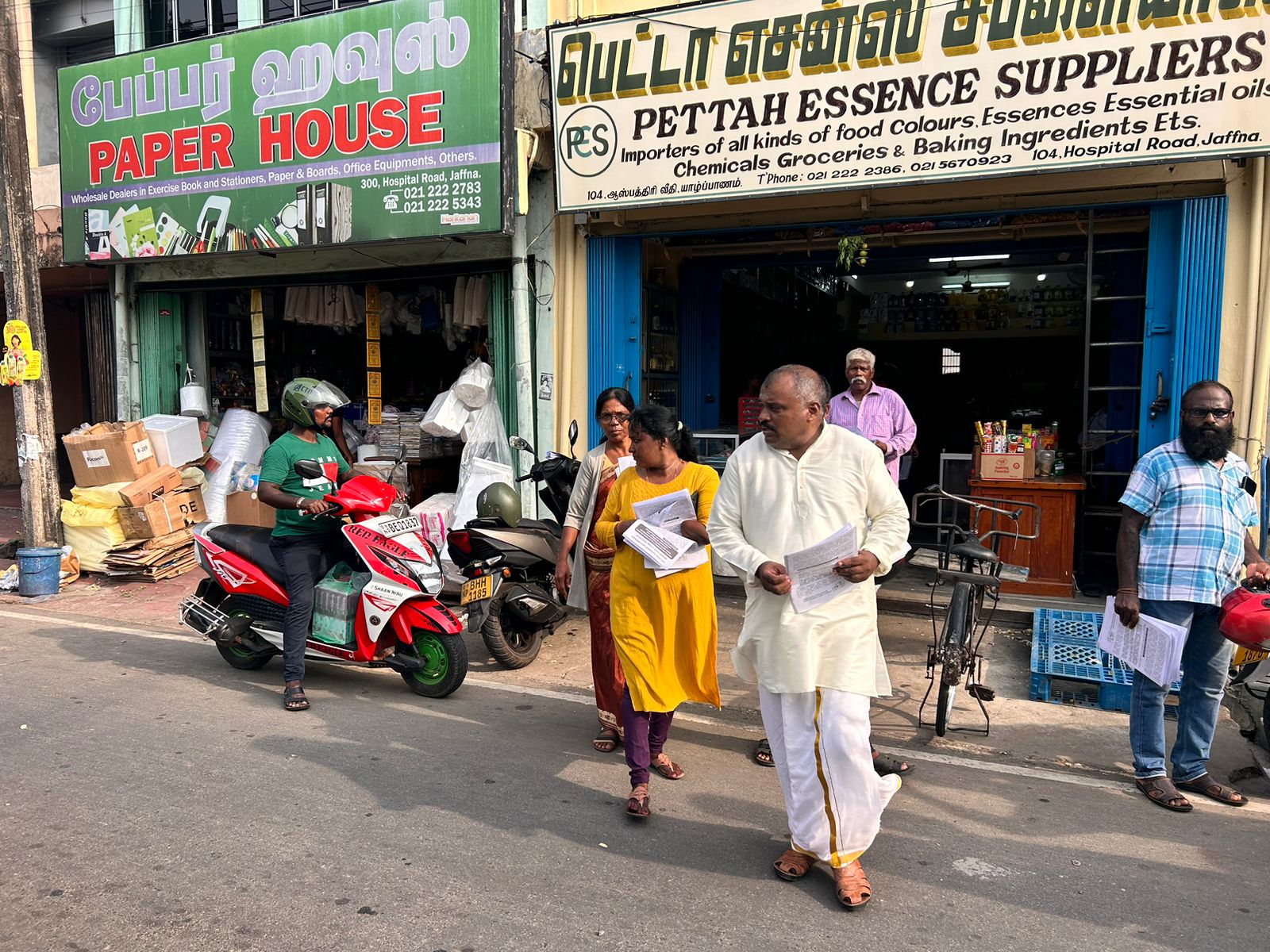
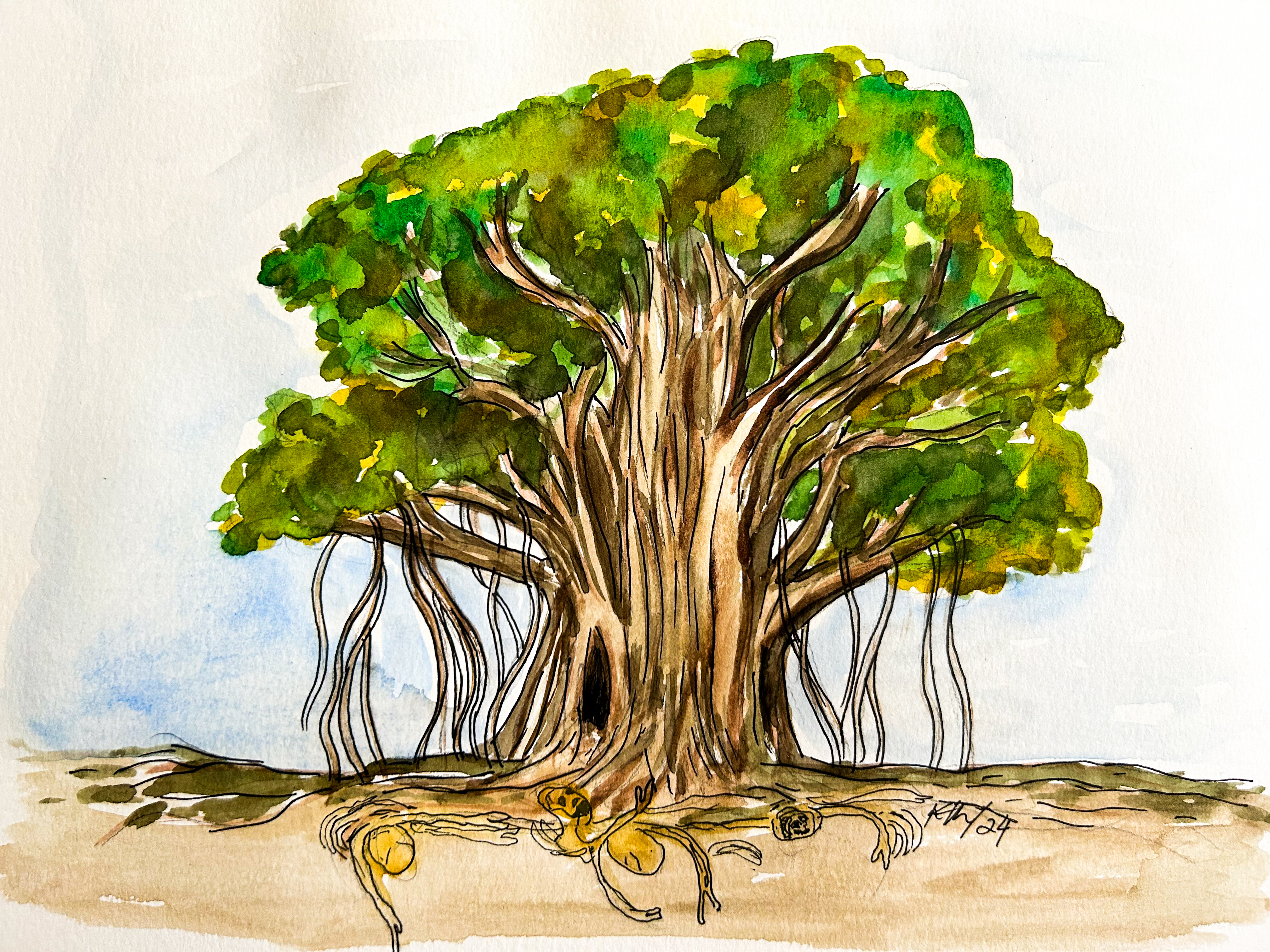

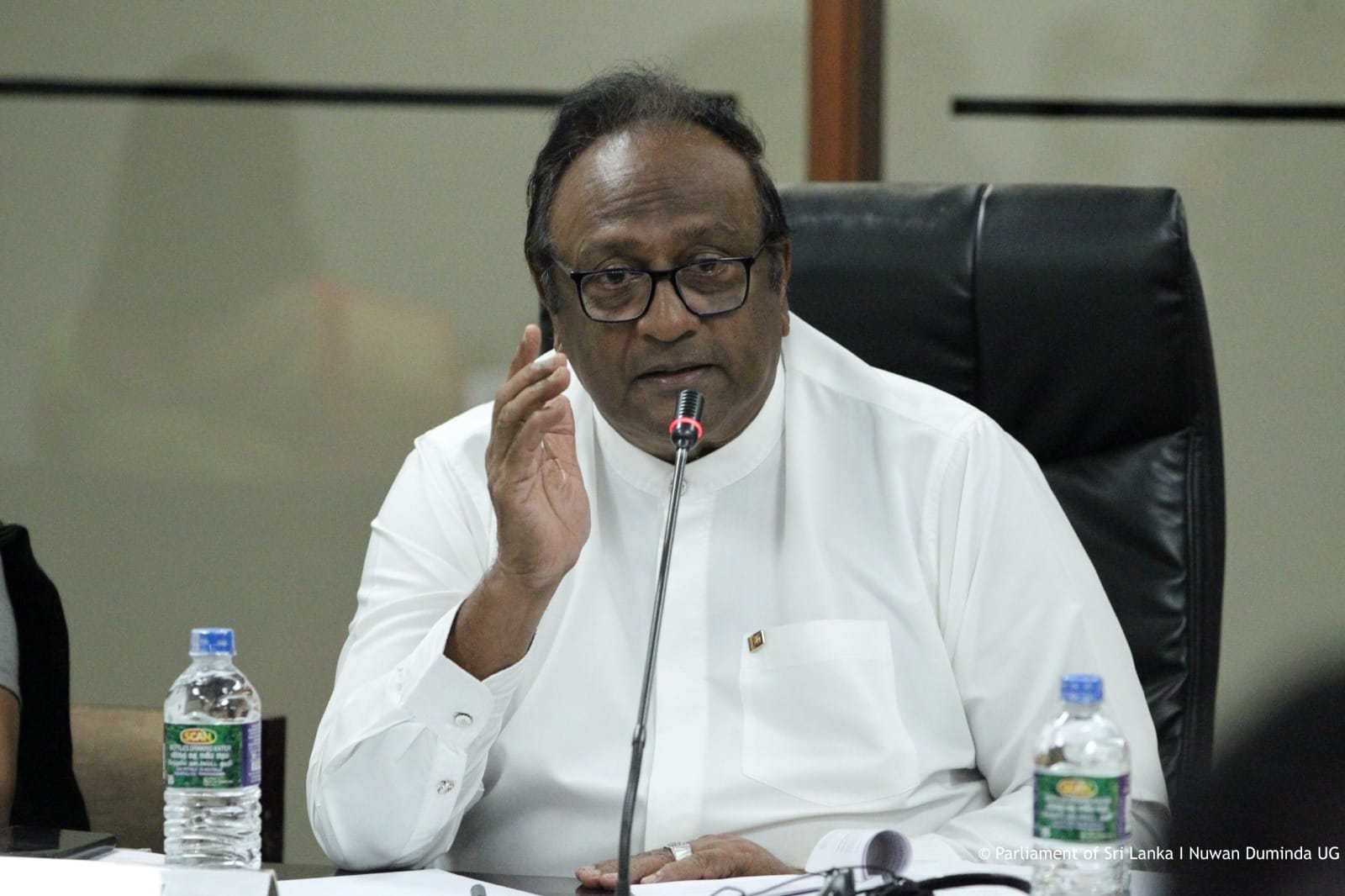

.JPG)
.JPG)
.JPG)
.jpg)
.jpg)
.jpg)
.jpg)
.jpg)
.jpg)
.jpg)

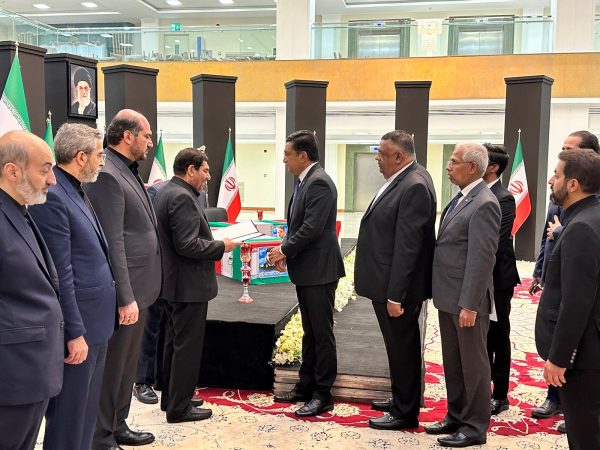

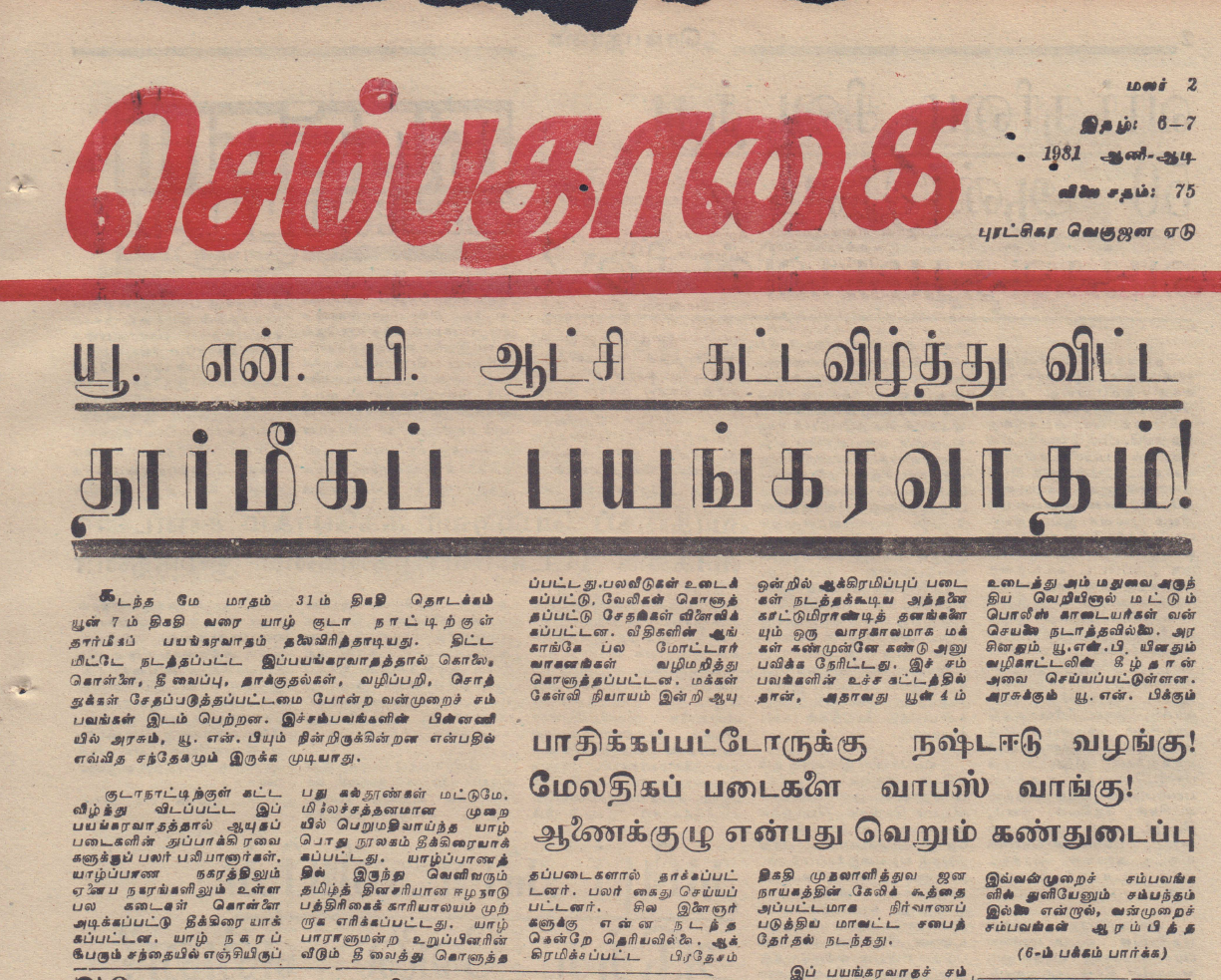
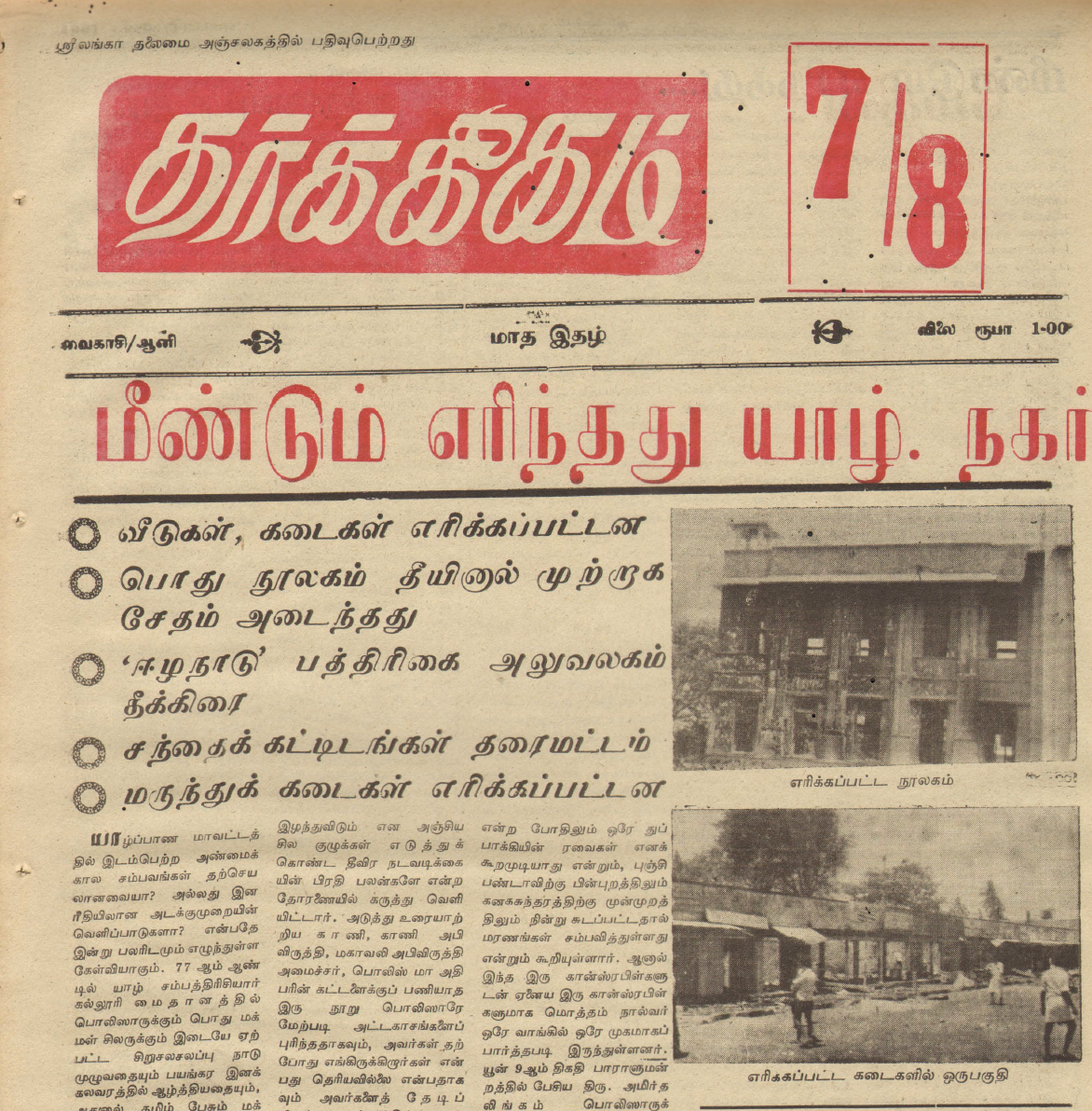
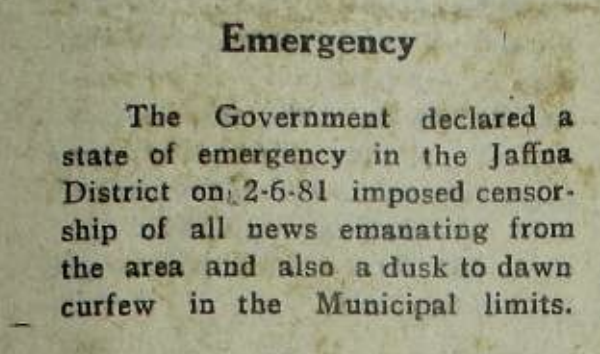
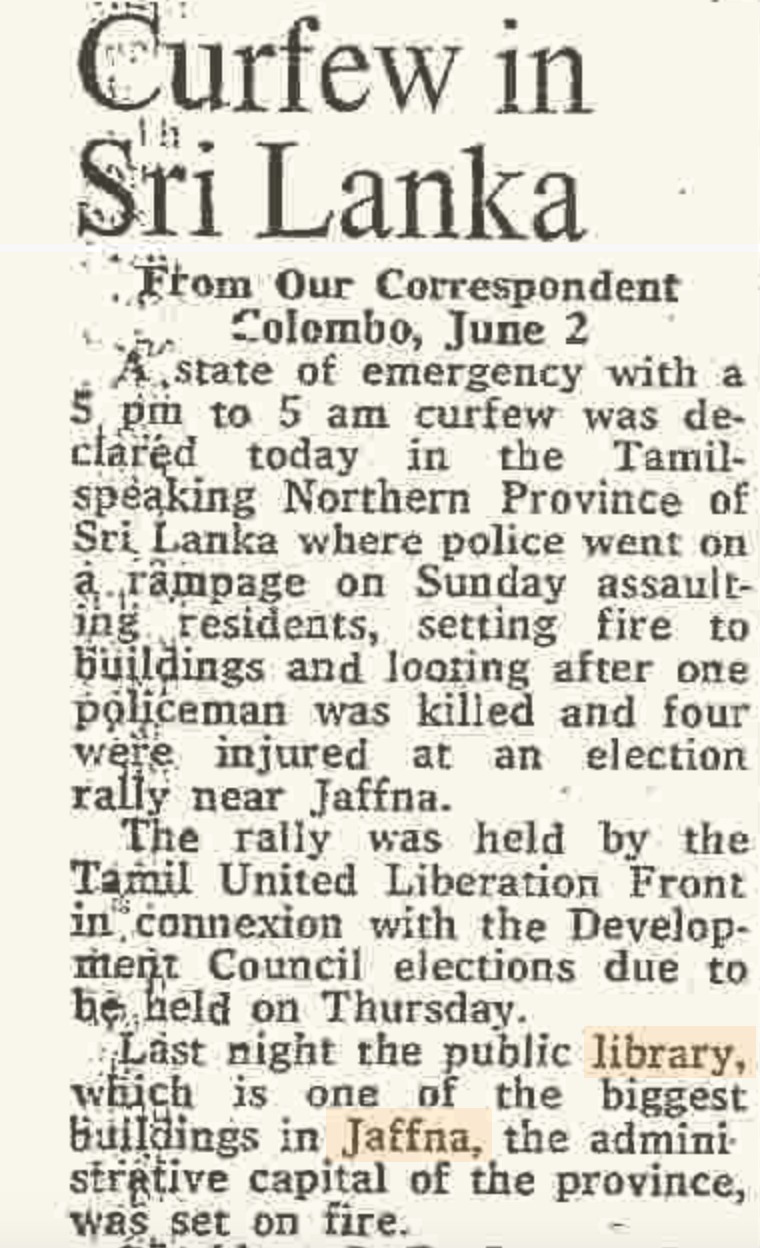
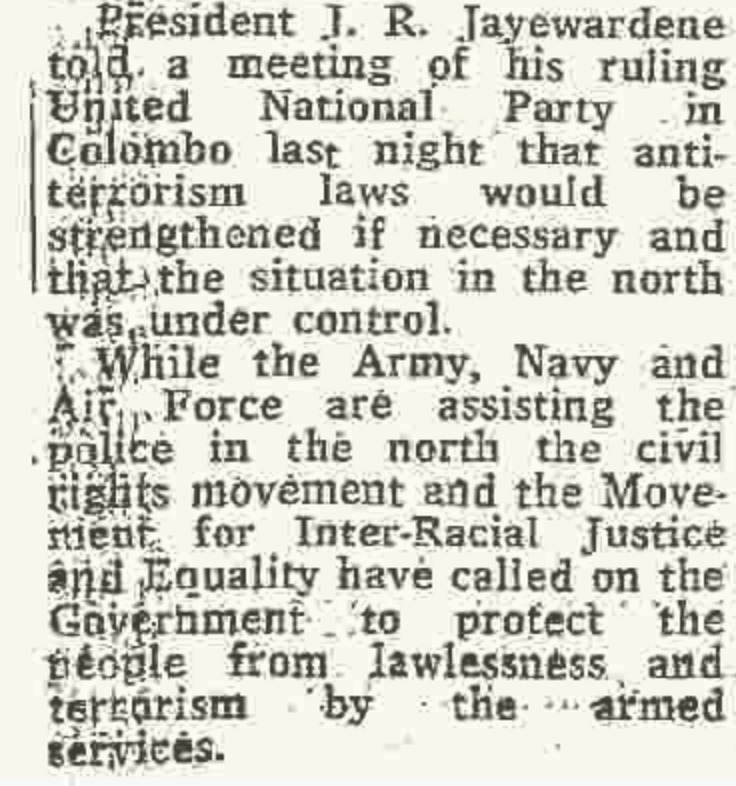
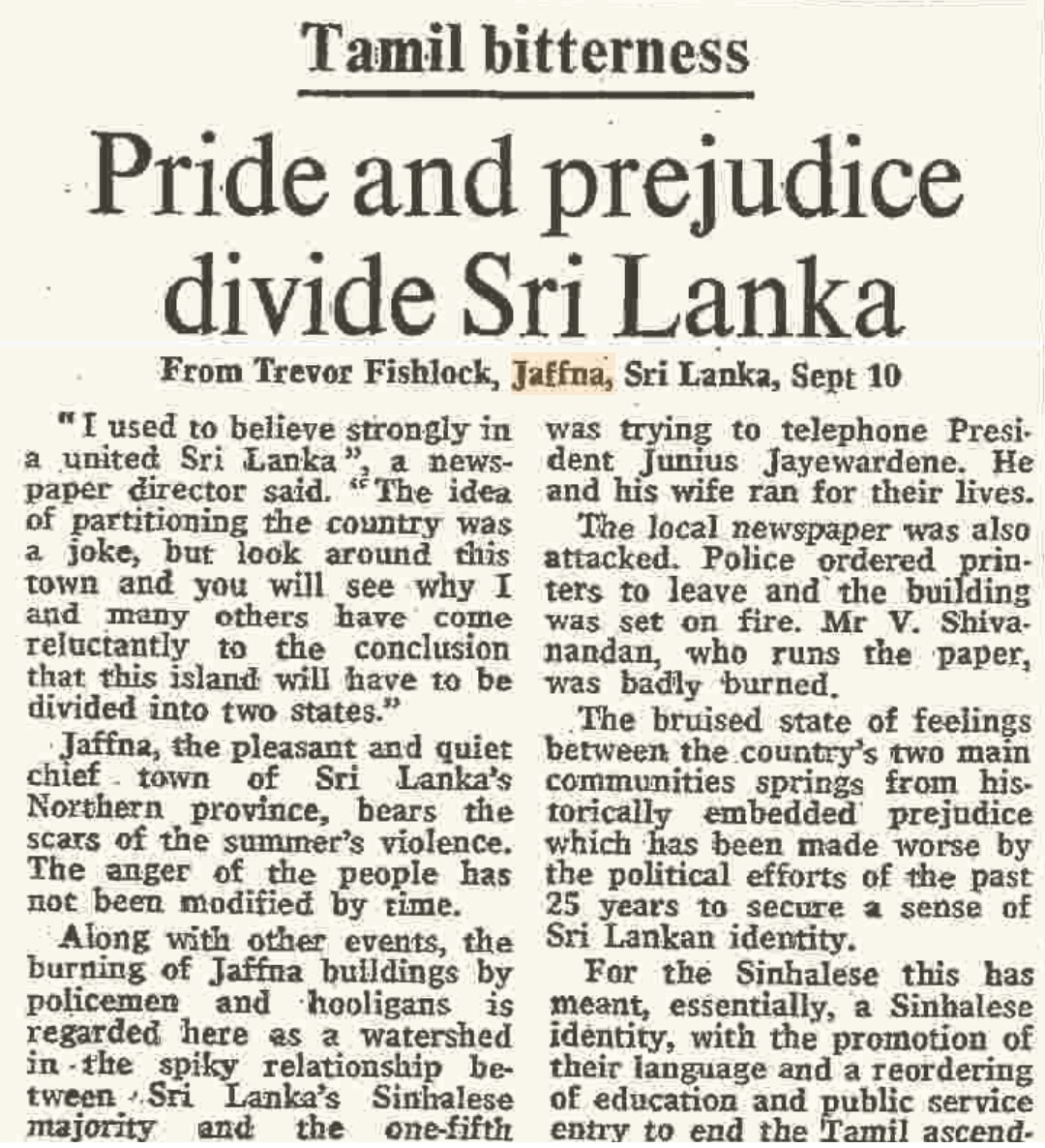
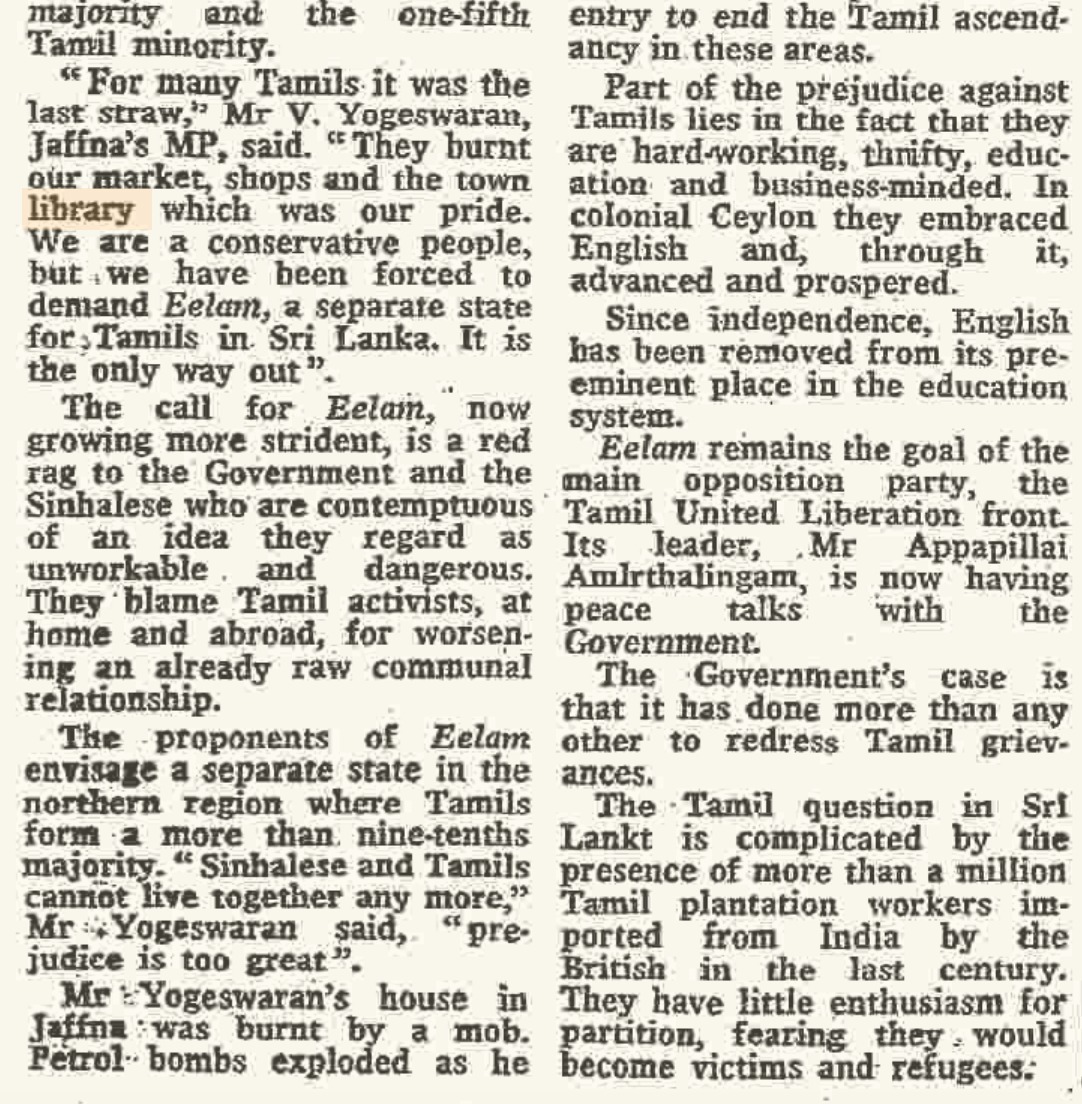



.jpeg)
.jpeg)
.jpeg)

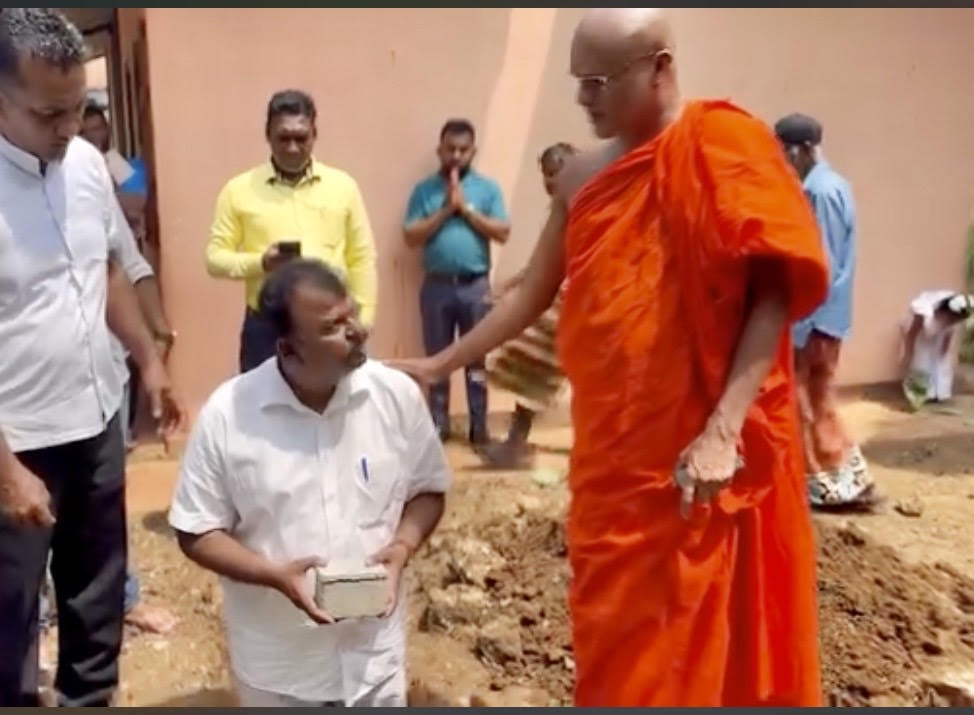
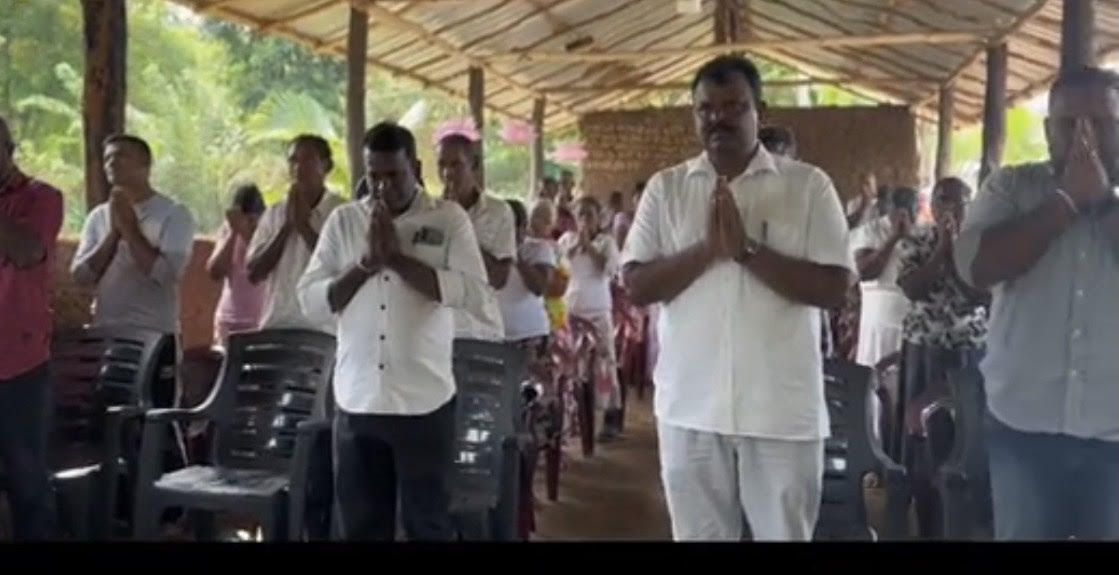
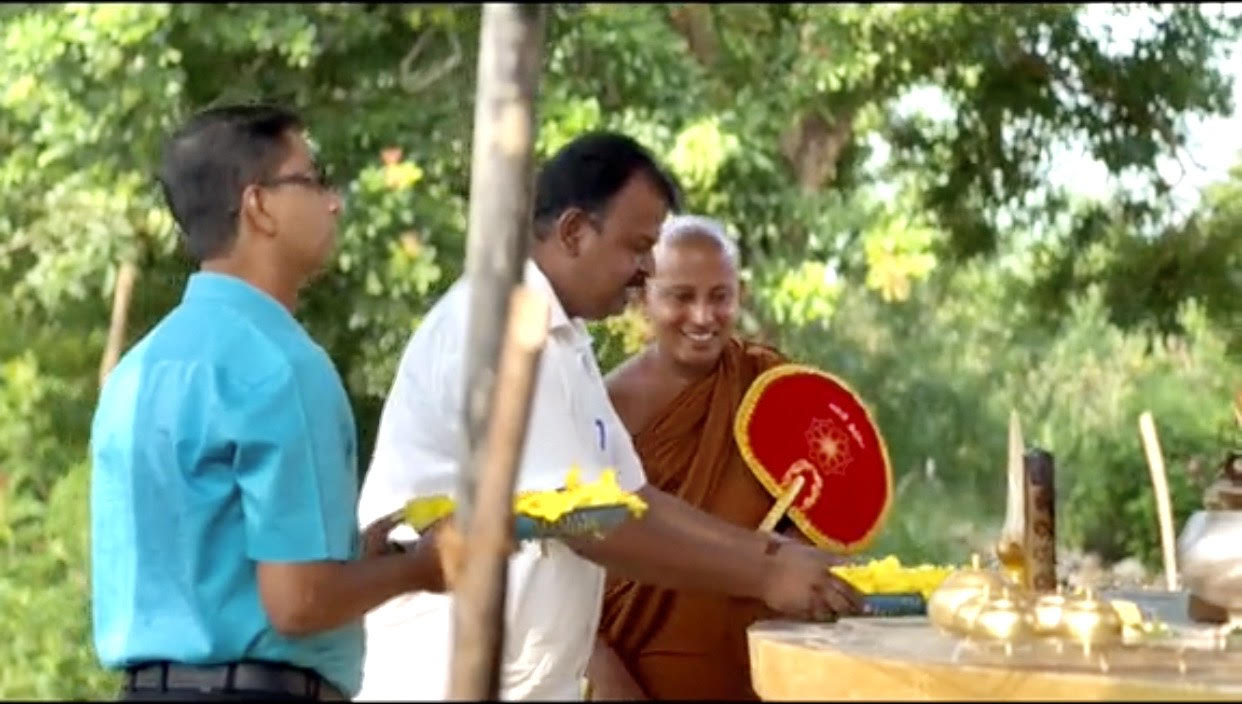

.jpeg)
.jpeg)
.jpeg)

.jpg)
.jpg)
.jpg)
